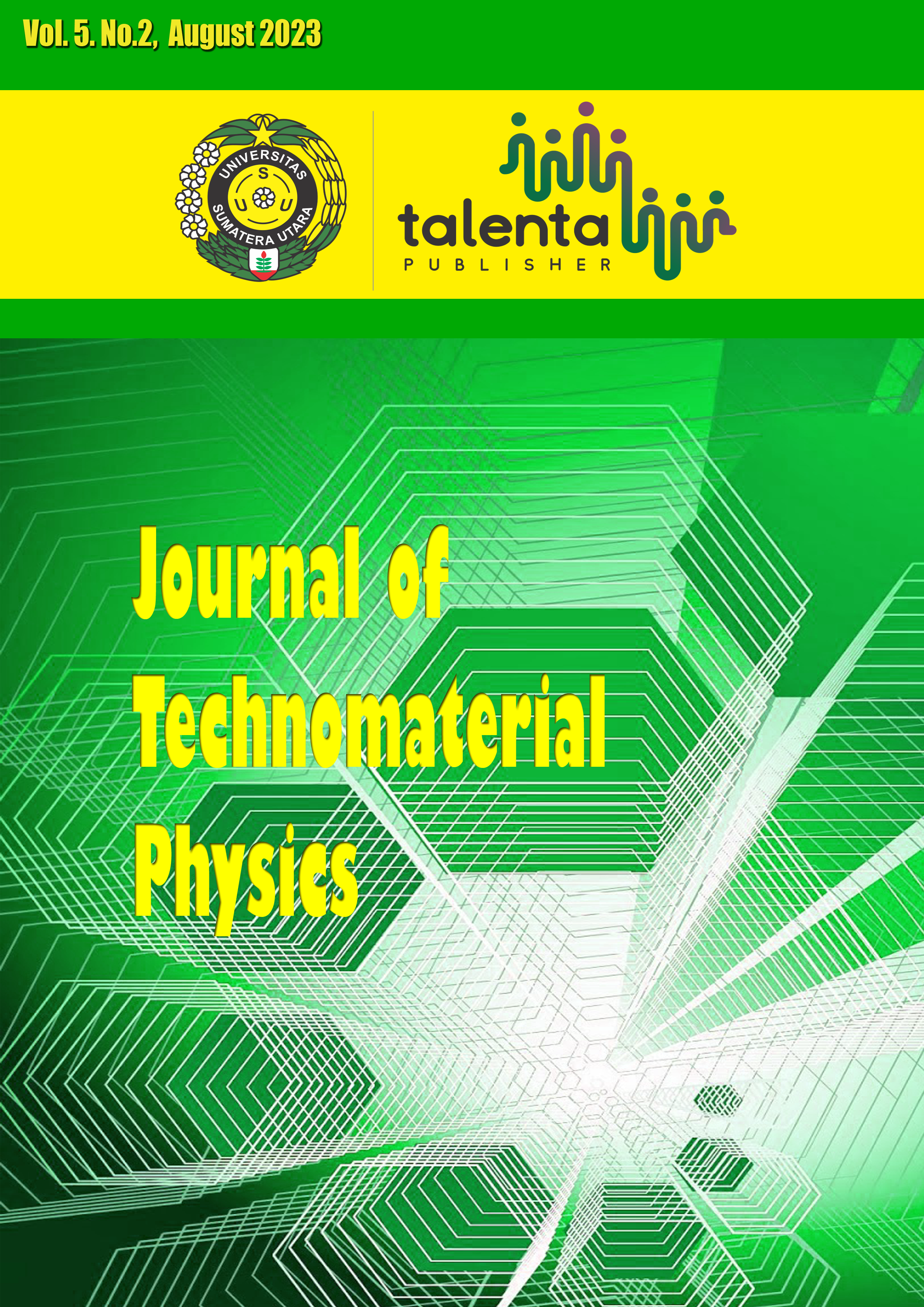Manufacture of Polymer Concrete Based on Snake-Fruit Seeds (Salacca zalacca) and Sawdust with Polyester Resin as an Adhesive
DOI:
https://doi.org/10.32734/jotp.v5i2.12380Keywords:
Polyester Resin, Polymer Concrete, Sawdust, Snake-Fruit SeedsAbstract
This study aims to determine the effect of adding snake-fruit (Salacca zalacca) seeds and sawdust on polymer concrete's physical and mechanical properties. The results showed that the highest physical properties were 1.27 g/cm3 density, 12.5% ​​porosity, and 13.22% water absorption. The lowest physical properties are a density of 0.85 g/cm3, porosity of 2.65%, and water absorption of 2.07%. The highest mechanical properties are compressive strength of 16.70 Mpa, tensile strength of 4.39 Mpa, and flexural strength of 7.93 Mpa. The lowest mechanical properties are compressive strength of 6.80 Mpa, tensile strength of 1.11 Mpa, and flexural strength of 1.50 Mpa. SEM test results showed that the microstructure of polymer concrete showed differences between concrete samples A1 (consisting of 35 g of snake-fruit seeds, 15 g of sawdust, and 15 g of polyester resin) and polymer concrete samples B1 (consisting of 30 g of snake-fruit seeds, 15 g of sawdust, and 20 g of polyester resin). The SEM analysis of the A1 concrete sample reveals a dark surface color and conspicuous white lumps, which are attributed to polyester resin and arise from inadequate mixing of ingredients. In the case of sample B1, a higher concentration of visible resin lumps is observed.
Downloads
Downloads
Published
Issue
Section
License
Copyright (c) 2023 Journal of Technomaterial Physics

This work is licensed under a Creative Commons Attribution-ShareAlike 4.0 International License.












